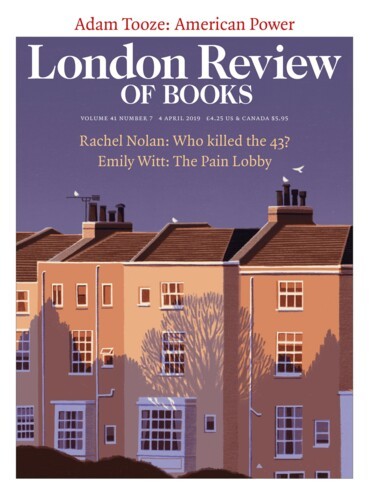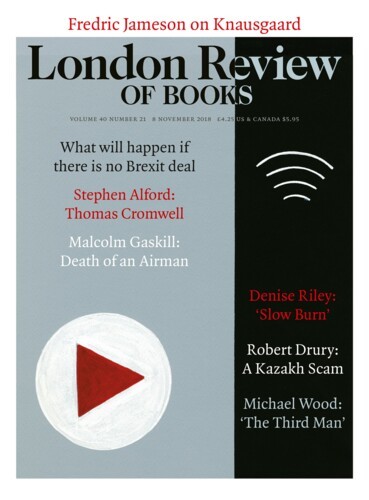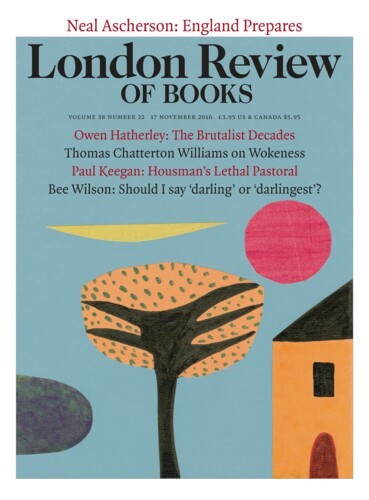Under the Soles of His Feet: Henry’s Wars
Stephen Alford, 4 April 2019
In the First Book of Kings (5:1-5) Hiram, King of Tyre, sends servants to Solomon, ‘for he had heard, that they had anointed him king in the room of his father,’ David:
For Hiram was ever a lover of David. And Solomon sent to Hiram, saying: thou knowest how that David my father could not build an house unto the name of the Lord his God, for the wars which were about him on...



